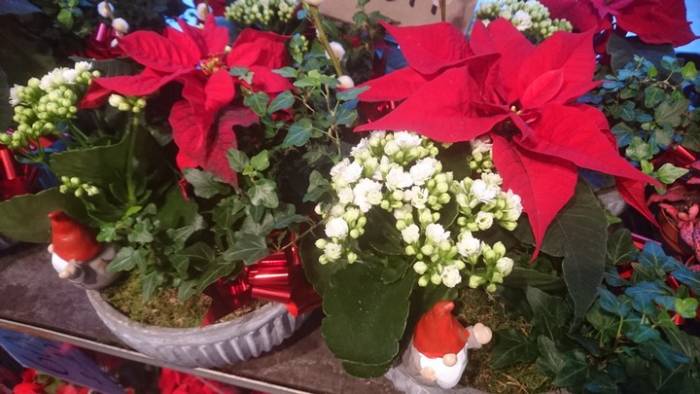
Did you know that Sweden is the largest buyer of tulips and one of the largest buyers of fresh cut roses in the world, counted per capita? This time of year we buy around two million tulips daily in Scandinavia and on Valentines Day we will buy some 6 million roses here in Scandinavia.
By Joachim Davidsson
From January to April we will buy some 250-300 million of tulips in Scandinavia but at the same time 85-90% of these tulips are grown here, not imported as many might expect. Also 44% of all fresh cut roses sold in Sweden last year was Fairtrade certified (according to Fairtrade Sweden) but I hear from market that this figure is well over 50% this year so quality and fair traded goods are very important to Swedish and Scandinavian buyers.
It is hard to calculate exactly how much fresh cut flower comes to each market in Northern Europe as most are controlled by traders in Netherlands. For sure Ethiopia and East African countries such as Kenya, Uganda and Tanzania are important suppliers but also Latin American markets such as Colombia, Costa Rica and Ecuador. There are many good cooperatives but most are too small for the North European Buyers and also traders control the logistic infrastructure so you cannot break in to the supply chain as easy as you might think.
Some of the main challenges producers face;
- The main buyers are large Enterprises and established supply chain, they demand reliable volumes besides good price.
- Logistic is an issue, the airports in Scandinavia are not well equipped to suddenly handle big volumes of fresh cut flowers such as Amsterdam (Netherlands). The current Traders sort of own the infrastructure today.
- Customer will demand Fairtrade and many times today they also want to have organic farmed flowers and both have to be certified. Organic farming is not possible everywhere and dual certification will also be expensive.
- If you look for many medium or smaller size customers you need to invest more in sales force (people) and still logistic issues will be an issue, how was you move for flowers from farm to customer.
There are many Traders doing a great job for community development in the mention markets; Latin America and Africa. Typical Fairtrade premium is 10% sales and that should be used for social and economic development in local communities. We all understand if we can get 10% of 1 USD in stead of 50 cents you can do so much more.
This community investment can be better education services, day care for children, drilling of wells for water supply, purchase of equipment or other community investments necessary. There are better margins available if you can avoid some middle men and not all are focusing on community development. If you can solve the challenges with an effective and cost efficient supply chain from Africa to a consumer in Scandinavia you have even better business strategy for building a better community as well.
By Joachim Davidsson
We at B-Open Nordic are a business consulting firm working with international business development and both the commercial and legal side of international trade. If you are interested in social entrepreneurship and perhaps especially interested in flowers you are welcome to contact us directly to arrange a meeting.



